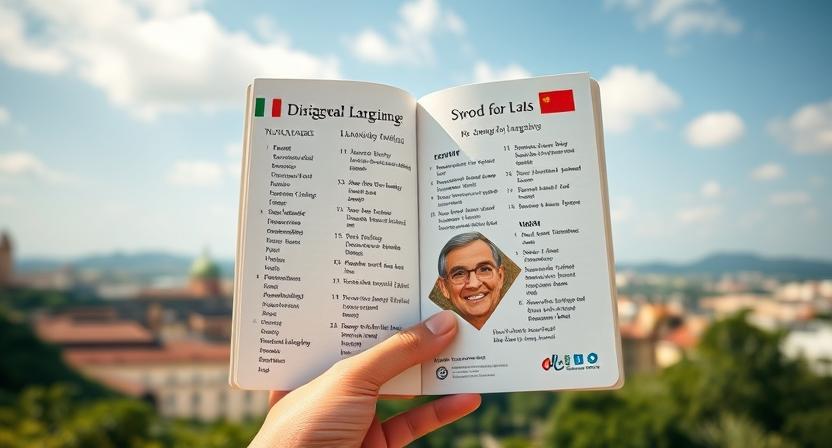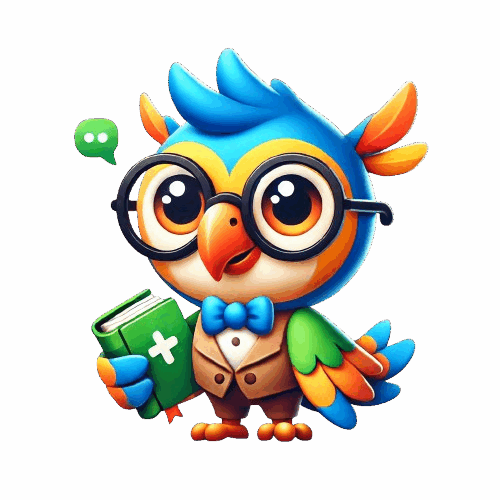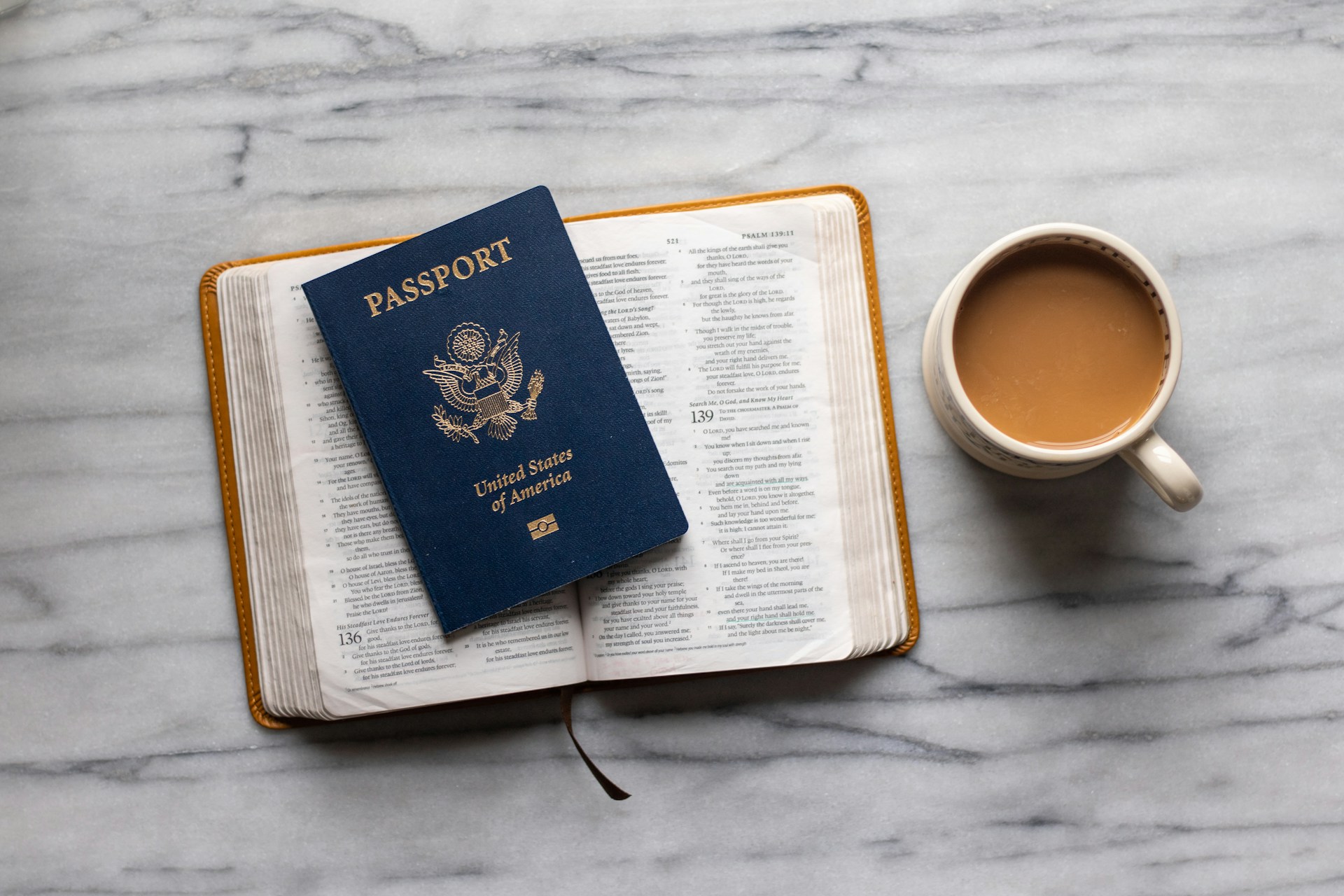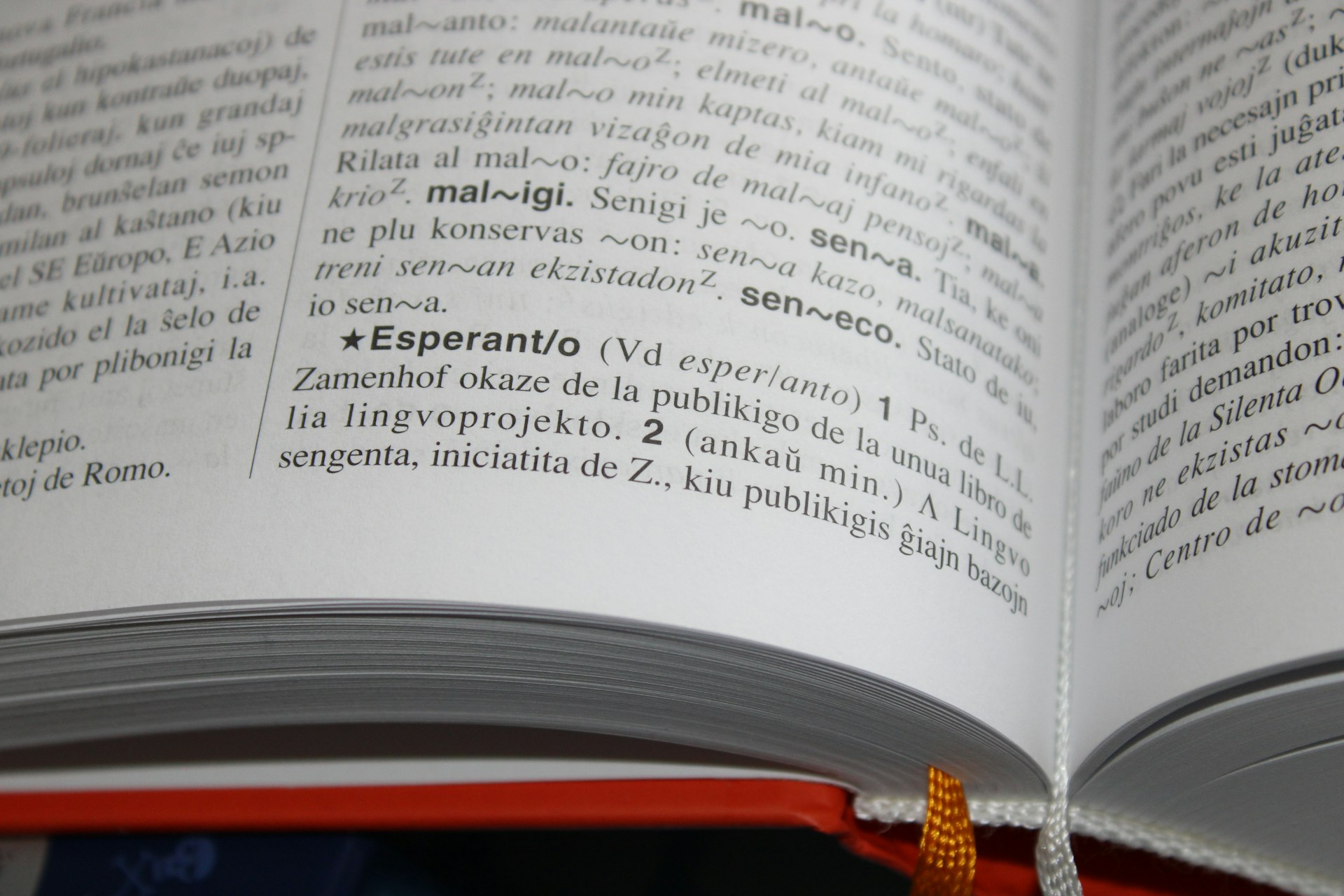How Learning a Language Changed My Travel Experience Forever

Building Confidence in Communication

Learning a new language boosts your confidence tremendously when traveling. Instead of relying on English or translation apps, being able to engage with locals in their native language opens doors to genuine interactions. Initially, it may feel daunting, but speaking even simple phrases can significantly enhance your confidence. Over time, this confidence leads to deeper conversations and a more immersive experience. Communicating directly with people can also eliminate misunderstandings and make you feel more integrated into the community. Ultimately, this newfound self-assurance turns each travel encounter into an opportunity for learning and growth.
Creating Meaningful Connections
Speaking the local language allows for meaningful connections that would be difficult to achieve otherwise. When you greet someone in their language or ask a question, it creates an instant bond and shows respect for their culture. Locals are often more receptive and willing to share their stories, traditions, and recommendations when they see you’re making an effort to communicate. These genuine connections can lead to warm friendships and special experiences that would otherwise remain surface-level. Learning a language lets you dive into the lives of the people you meet, enriching your travel experience with personal stories and insights.
Accessing Local Culture and Traditions
Language is deeply intertwined with culture, and learning it provides insights into local customs and traditions. By conversing with locals, you gain access to the stories and meanings behind various cultural practices. Understanding expressions or idioms that reflect societal values gives depth to your travel experience. For example, learning about a local celebration can enhance your appreciation for it when you witness it in person. Moreover, engaging in cultural exchanges becomes easier, allowing you to partake in local events or activities that showcase the community’s heritage. Language opens up a world of cultural richness that enhances your understanding and appreciation of the place you are visiting.
Navigating Beyond Tourist Traps

When you grasp the local language, you can navigate outside the well-trodden tourist trails with ease. Language enables you to read signs, menus, and instructions, allowing you to discover hidden gems that aren’t featured in guidebooks. Asking locals for recommendations helps steer you toward authentic dining spots, events, and attractions. This knowledge creates opportunities to explore parts of the city that are off the grid and filled with local charm. With a functional understanding of the language, the world becomes your oyster, and you can create a truly unique and personalized travel itinerary that reflects your interests rather than simply following popular paths.
Enhancing Personal Safety
Being able to communicate in the local language can significantly enhance your safety while traveling. In emergency situations or if you find yourself lost, speaking the language allows you to ask for help or navigate more effectively. It’s easier to understand directions, public transportation signs, or safety protocols when you can read and speak the language. Moreover, you can build rapport with locals who might be more willing to assist you if you speak to them in their tongue. This layer of assurance adds an element of comfort to your travels and allows you to explore without constant apprehension.
Richer Culinary Experiences
Food is an integral part of culture, and learning the local language elevates your culinary adventures to new heights. Engaging with chefs, street vendors, or restaurant staff in their language allows for valuable exchanges about local dishes and cooking methods. You can ask for recommendations, learn about the origins of specific foods, and understand the cooking process. This deepens your appreciation for the culinary arts and often leads to discovering traditional dishes that aren’t on the tourists’ menus. By ordering confidently in the local language, you also contribute to the vibrant tapestry of cultural exchange, making dining a thrilling and interactive experience.
Participating in Authentic Experiences
When you learn a language, you gain the ability to participate in authentic experiences that may be inaccessible to non-speakers. This includes joining local classes, workshops, or community events where language skills allow for genuine engagement. Whether it’s taking a cooking class in Italy or participating in a traditional dance workshop in Brazil, speaking the language can facilitate deeper interaction. Such experiences develop a richer sense of belonging and connection to the culture surrounding you. Learning the language means you are not merely an observer; you become an active participant in cultural practices, enhancing your travel experience exponentially.
Interpreting Nuances and Humor
Language learning helps you grasp the nuances and humor that often get lost in translation. Understanding jokes or idiomatic expressions allows you to appreciate the light-hearted interactions that form part of a language’s charm. Engaging in local conversations becomes more enjoyable when you can share a laugh over cultural references or regional expressions. This level of connection fosters friendly conversations that can brighten your day and enrich your overall experience. Learning a language provides the tools to dive into the local scene’s wit and humor, transforming ordinary interactions into memorable moments.
Gaining New Perspectives

Every language carries with it its own worldview and way of thinking. Learning a language can alter your perspective on life and culture, offering insights that are embedded in the language itself. You come to learn how language influences ideas, social attitudes, and expressions of sentiment, which can lead to a deeper understanding of cultural subtleties. For instance, some languages may have specific terms to describe family or community dynamics that resonate differently than in your native tongue. This broadened outlook allows you to appreciate the variety of experiences and philosophies in the world, greatly enhancing your travels.
Strengthening Problem-Solving Skills
As you navigate travel challenges, your language skills can help strengthen your overall problem-solving abilities. Whether you’re deciphering a map, figuring out public transport, or communicating with locals in less-than-ideal circumstances, the language skills you’ve learned train you to think on your feet. Over time, you develop adaptive strategies to overcome communication barriers, enhancing your resourcefulness. This element of language learning transforms travel into an active-learning experience where every obstacle becomes a chance to improve your linguistic prowess while solving real-world problems.
Deepening Historical Context Understanding
Language provides access to a country’s history in ways that guidebooks cannot. Through conversations with locals, you can uncover historical narratives associated with landmarks and cultural practices. This deeper understanding enables you to connect the past with the present, enriching your travel experience significantly. Learning about historical events, regional customs, or key figures in their language gives you a more intimate grasp of their cultural identity. This connection often leads to more informed exploration of museums, historical sites, and local stories that might otherwise remain unseen.
Documenting Travel Experiences
Learning a language enables you to document your travels in a way that truly captures the essence of your experiences. Writing about your adventures in the local language allows for an authentic expression of your thoughts and feelings. This can be particularly rewarding, especially when you reflect on the nuances that came with learning the language. Capturing your travels in this manner can also help solidify your language skills, serving as a practical exercise in using vocabulary and grammar. As you piece together your reflections, you create a collection of memories that resonates not only personally but potentially serves as an inspiration to others.
Encouraging Lifelong Learning

Engaging with a new language while traveling fosters a mindset of lifelong learning. It instills the desire to continue exploring languages, cultures, and places even after your trip ends. The sense of accomplishment from speaking a language can inspire you to take on new challenges, both linguistically and in other areas of life. This continuous quest for knowledge can open up opportunities for further cultural experiences, learning new languages, or even picking up additional skills related to the culture. Travel becomes a catalyst for broadening your horizons and cultivating a passion for learning that enhances your life beyond your current journey.
Engaging with Local Media
Learning the local language allows you to engage with media that reflects the culture of the place you’re visiting. Whether listening to local music, reading newspapers, or watching television shows, language skills enable you to appreciate the nuances of how stories are told. You become more attuned to themes and cultural narratives that shape public discourse. This engagement can deepen your understanding of societal issues, rich traditions, and even contemporary pop culture, granting you a more comprehensive view of the local community. By consuming media in the native language, your travel experience transforms into an exploration of cultural identity that enhances your connection to the place.
Fostering a Global Mindset
Learning a language while traveling shapes a global mindset that extends beyond one country. It cultivates an appreciation for different cultures, beliefs, and practices, fostering empathy and understanding among diverse groups. This mindset encourages respect for others and an openness to new ideas and experiences, making you a more thoughtful traveler and citizen. With each language learned, your capacity to connect with people worldwide expands, leading to a well-rounded worldview. As you encounter new destinations and cultures, language becomes a powerful tool for bridging gaps between people, enhancing both personal growth and global awareness.
Conclusion: A Transformative Journey
In conclusion, learning a language has profoundly transformed my travel experiences, enriching my interactions, deepening cultural connections, and enhancing my understanding of the world. Each spoken word or sentence I practiced unlocked new doors, enabling genuine conversations and memorable experiences that I would otherwise have missed. The journeys taken are not solely about the destinations visited, but rather about the relationships formed and the lessons learned along the way. Language represents more than a mere communication tool; it is an invitation to engage fully with the world. As I continue exploring new places, my love for languages will forever shape my travel stories, enriching my adventures in ways I never imagined.





